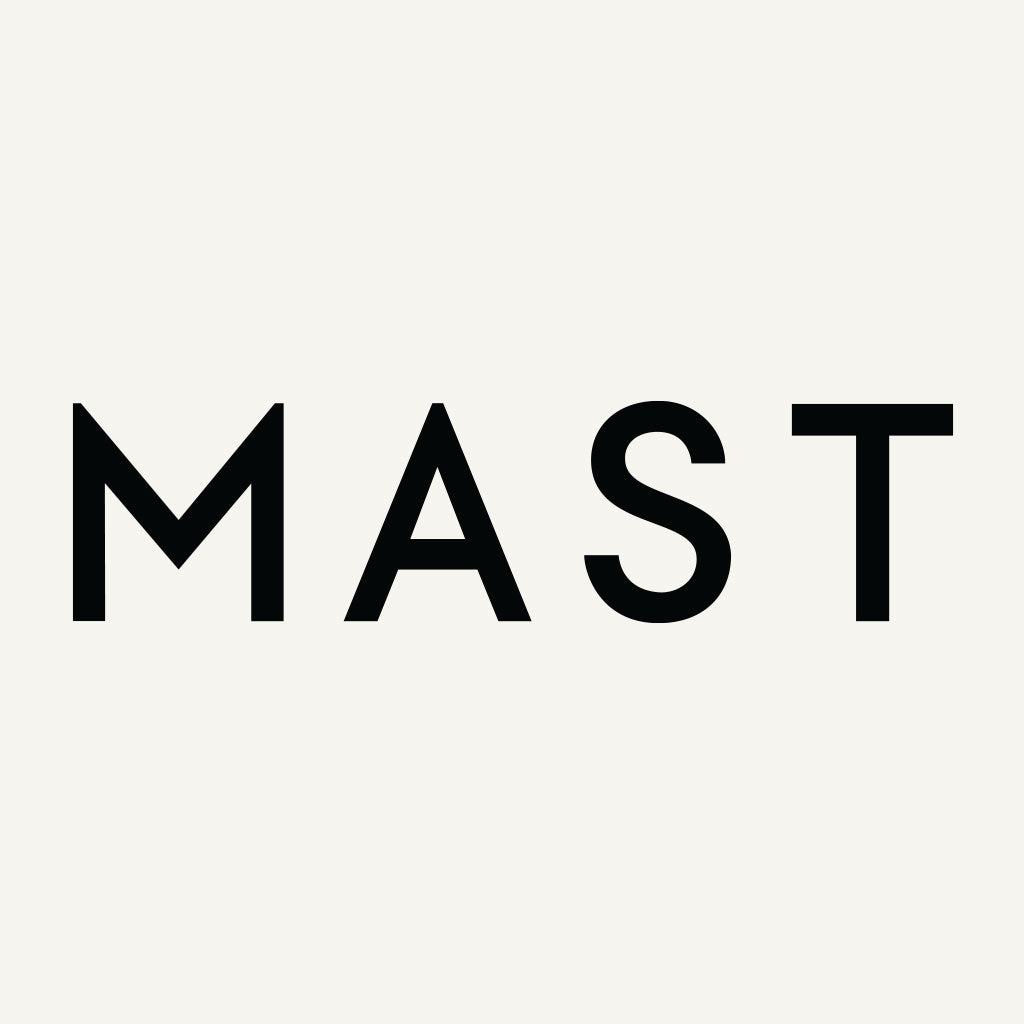Making It with Chrissy Fichtl
It may be hard to imagine a time when the startup world wasn’t a formal, venture capital-funded sector of the economy, but not so long ago, building a company was a grassroots endeavor. In the early 2010s, Brooklyn was a hub for artisans who sold handcrafted goods in flea markets and on Etsy, where their products slowly gained traction. Eventually, some of these “makers,” as they were once known, found commercial success.
Chrissy Fichtl, the founder and CEO of home fragrance brand Apotheke, is one such artisan. She started her business by making bar soap from a kit in her apartment and she remembers those early days fondly. “It was a time of storytelling—and we did not do that before,” she explains. “Mast was the first company ever to tell the story behind chocolate. We were like, ‘Wow, there's also a story behind soap.’ We were all in that little gang of early 2010s companies.”
And yet, without Instagram as a marketing tool or even a website connected to a point-of-sale system, Chrissy landed a major purchase order from West Elm and became determined to grow her brand from there. A friend of a friend taught her about essential oils, allowing her to develop some of the signature scents that Apotheke is known for today. Then, she learned about fragrance oils and candle-making to expand her offerings.
Over a decade later, Apotheke is renowned for its candles, which it produces in its 16,000-square-foot factory in Red Hook and sells through over 500 retailers. Of course, Chrissy hasn’t forgotten bar soap—her original passion—which is still available alongside the candles, diffusers, liquid soap, and lotion. Here, she shares the details of her entrepreneurial path and how Apotheke is evolving to meet the moment.
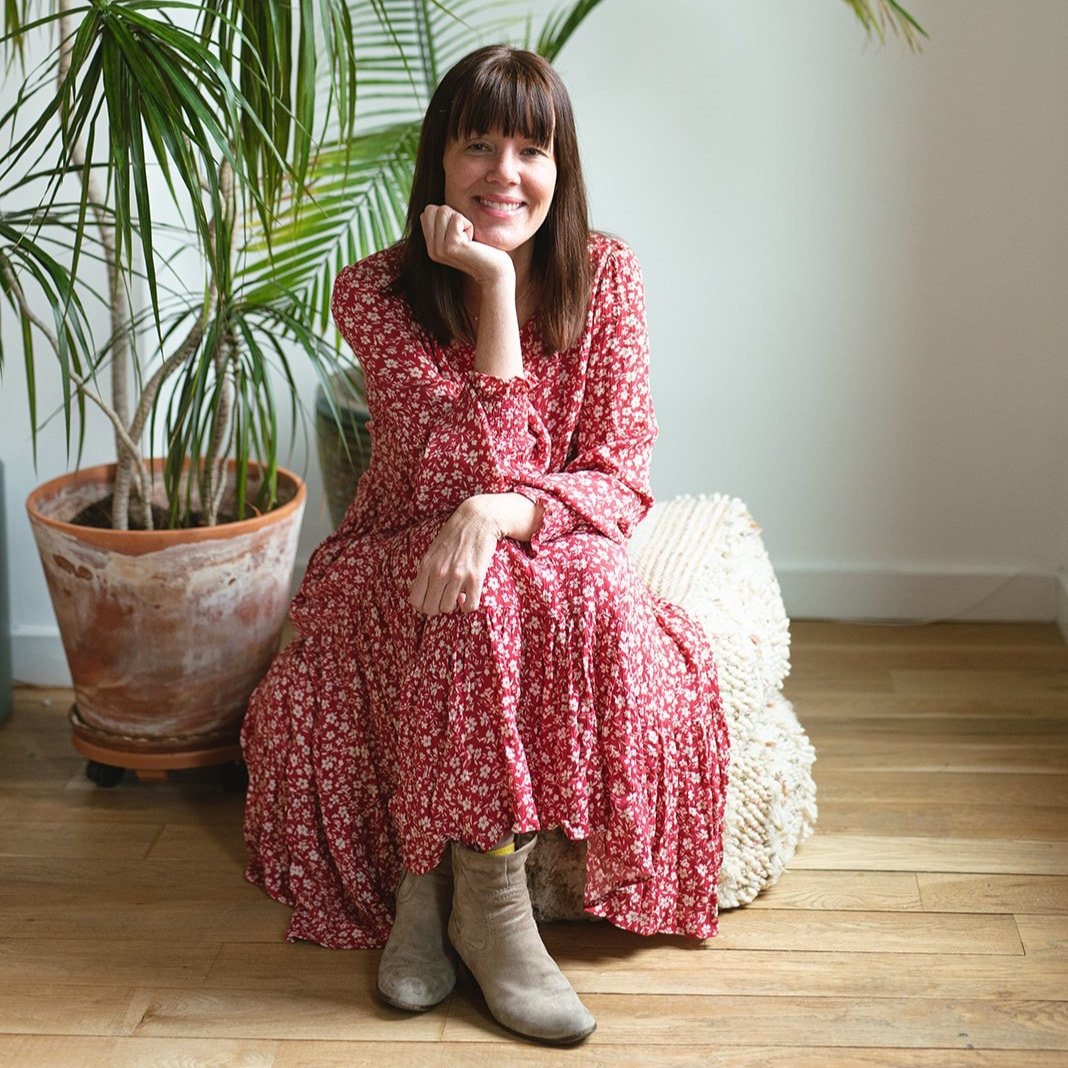
Chrissy Fichtl, founder of Apotheke.
The following interview has been edited and condensed for clarity.
Mast Journal: What first inspired you to start Apotheke?
Chrissy Fichtl: I had always felt a little lost, like there was something better for me to do. And 10 years ago or so, My dad was sick and I had lost my job as a private chef due to the recession and I had no insurance. I felt like my life was falling apart. I was 32 years old. I was like, ‘What am I going to do? Where am I going to work? How am I going to do this?’ And a friend of mine said, ‘Why don't you get a hobby? You know you need therapy or a hobby.’ And I couldn't do therapy because I didn't have health insurance, so I ordered a soap making kit and I started making soap at home.
MJ: So how did you decide to turn your soap making hobby into a company?
CF: A lot of this happened organically. I just started selling a little bit of soap at the Brooklyn Flea, which I did for years. That was a workplace for me. Those were my coworkers. And I started to generate some money, but I still worked at a coffee shop. And then one day, we were at a festival and there was an older woman selling soap. And my husband said, ‘If you don't do this right, that will be you.’ And it actually scared me because I was like, ‘I can't be 60 years old, sitting in a market selling soap.’I really started to focus on the business. I knew I needed to have other products and start wholesaling. And I just always tested everything at the Brooklyn Flea. One day, someone came by and said, ‘We're opening up a concept store and we'd love to have makers be part of it.’ I got home and I looked him up and it was Jim Brett, the former CEO of West Elm. Within a week or so, I had a huge purchase order from West Elm and it officially flipped to being like, ‘Wow, we have a business and I might need to get QuickBooks.’
MJ: That's so interesting. And it's very of that time. Now, people launch startups super, super intentionally. You can't fall into it as much.
CF: Yeah. It was just different to really build a brand back then. Mast was always a dream. I would walk by and see their little factory in Williamsburg and I'd be like, ‘One day, I'm going to have a little factory like that. I want people to shop my factory store and see everything, the way Mast Brothers did it.’ Back then, that was the natural way of doing it.
MJ: How has Apotheke evolved since then? What fragrances do you offer now?
CF: It just felt natural that candles would be the next step, but I didn't know that this was going to work out. I didn't know that eventually we'd make a really great candle and our business would be focused now on home fragrance. Soap is the story of who we are, but candles are what we make hundreds of thousands of.
There are a few fragrances that have actually been with us since the beginning, like Charcoal, which has a woodsy, oud-sy, smokey smell. It’s our number one candle. Sea Salt Grapefruit and White Vetiver have been long-time family members, too. We try to hit all the categories on the fragrance charts, from woodsy to floral to fruity. We have 12 core scents that we always sell. And then we do capsule collections and seasonal fragrances. It’s really fun to be able to do something with another brand, just to add some newness to our collection.
MJ: And where does the name Apotheke come from?
CF: It goes back to the guy that was giving me the essential oils. His notes always said, ‘To my Brooklyn apothecary,’ and I literally asked Google what the translation of “apothecary” is in German. Apotheke showed up on one of the lists of words and I was like, ‘All right, let's do it.’
MJ: Where are Apotheke products sold now?
CF: We wholesale all of our products to about 500 retailers. We're in all the major department stores, we have a direct-to-consumer website, and we have two stores. We have one in our factory, so it's really nice. Usually you can get a little tour of what's going on. And that's in Red Hook, Brooklyn. And we opened our second location in Rockefeller Center in October.
It's really nice to be part of this renaissance that's happening there, with all the restaurants and the new stores. It's also funny. I grew up in New York and we would go to Rockefeller Center to go ice skating once a year. It was always the most amazing day. I remember my mom telling me, ‘This is where all the important people work. And if you're very smart, you would work in Rock.’ It's amazing to be like, ‘Oh my God, I have a store here.’ It's surreal.
MJ: That's such a great, full-circle moment.
CF: It’s such a New York City moment.
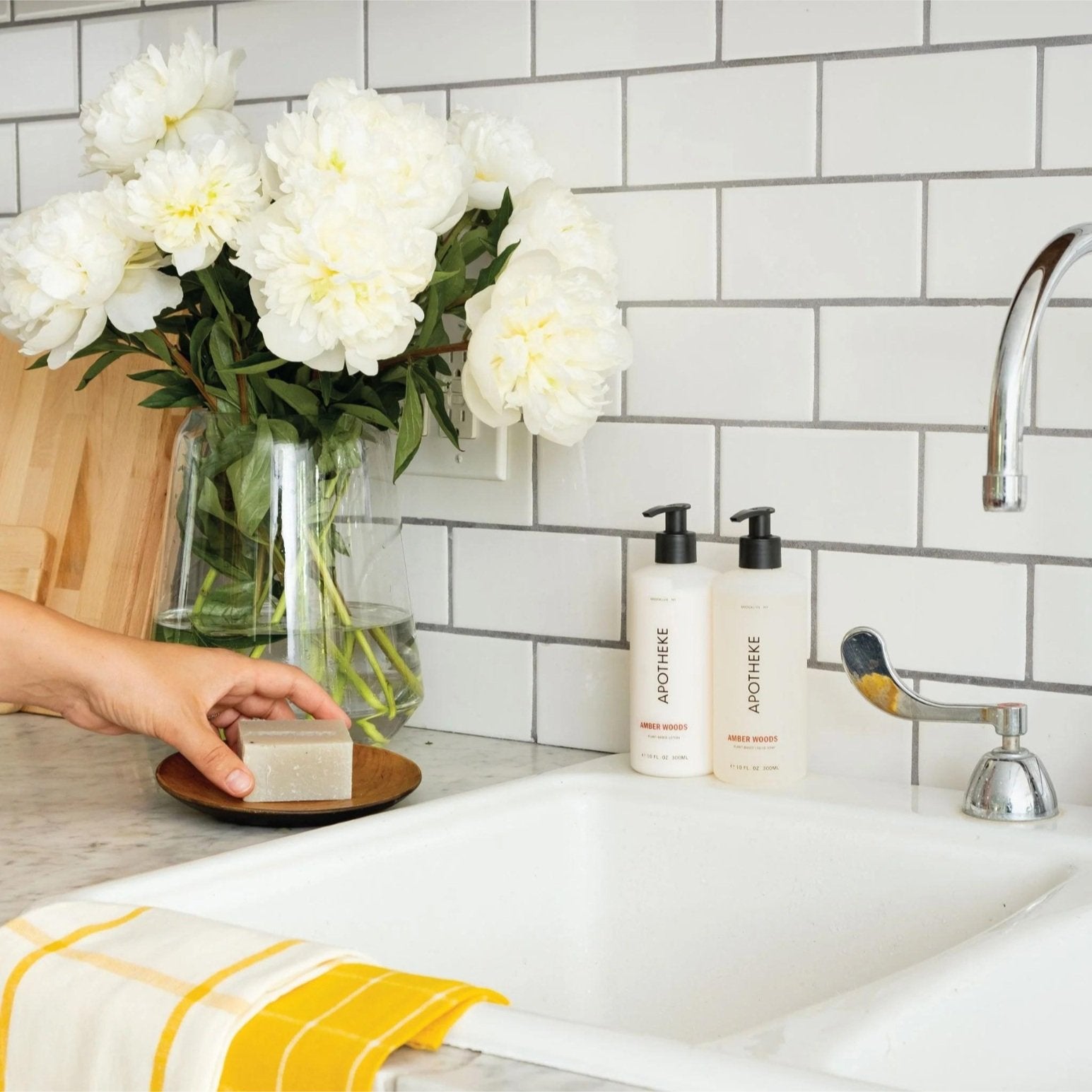
MJ: Apotheke’s website talks a lot about sustainability as a core principle. How is the company becoming more sustainable?
CF: We actually don't have a lot of waste here. That's something that has always been important to me, even personally in my life. In terms of emissions, we ship everything from our factory. There is no third party. We would love to continue to do as much as we can from one spot. And every single cardboard box that comes into our factory is turned into shipping material, so we actually have no paper waste at all. We use recycled paper on our candle boxes. And we've eliminated paper bags from our retail stores.
There are lots of different ways that you can be more sustainable in a company that are not always apparent. We've been working with our perfumer to learn more about upcycling essential oils. We had UPS here a couple weeks ago to help us find out how we could be more efficient with packing. Even with ink, we're talking with our printers about better ink to use. It's really nice to get all this information from the people we work with. It’s really amazing that we have these types of partners.
MJ: With all the efforts you're already making, and having intentions to do more wherever you can, you can't really do much better than that. What’s next for Apotheke?
CF: What we're really enjoying right now is doing collaborations. For example, we had a Shake Shack candle. It took about 18 months to develop, but at first it was like, ‘Can we be an elevated, luxury fragrance company and make a burger candle?’ And we were very successful at it. We sold out in 24 hours—thousands of units. We used technology with our perfumers to really get the scent of a hamburger and of the original Shake Shack at Madison Square Park. For most of us, our first Shake Shack was standing on a line outside in the city. Does it have a little bit of a griddle to it? Yes. Does it smell like cedarwood and have white flowers? Because that’s what blooms in the park in the springtime? It does.
We also work with J. Crew and we've created their signature scent. They trusted us to tell them what their scent is. And it's been a really successful partnership. So we're having a lot of fun doing collaborations and really figuring out how we can make something that's interesting and beautiful and really tell the story of both companies. We have a couple of really fun collaborations coming in 2023. It's the year of getting out and meeting people and meeting companies and figuring out how we can all connect—and make scented candles.
More from The Journal
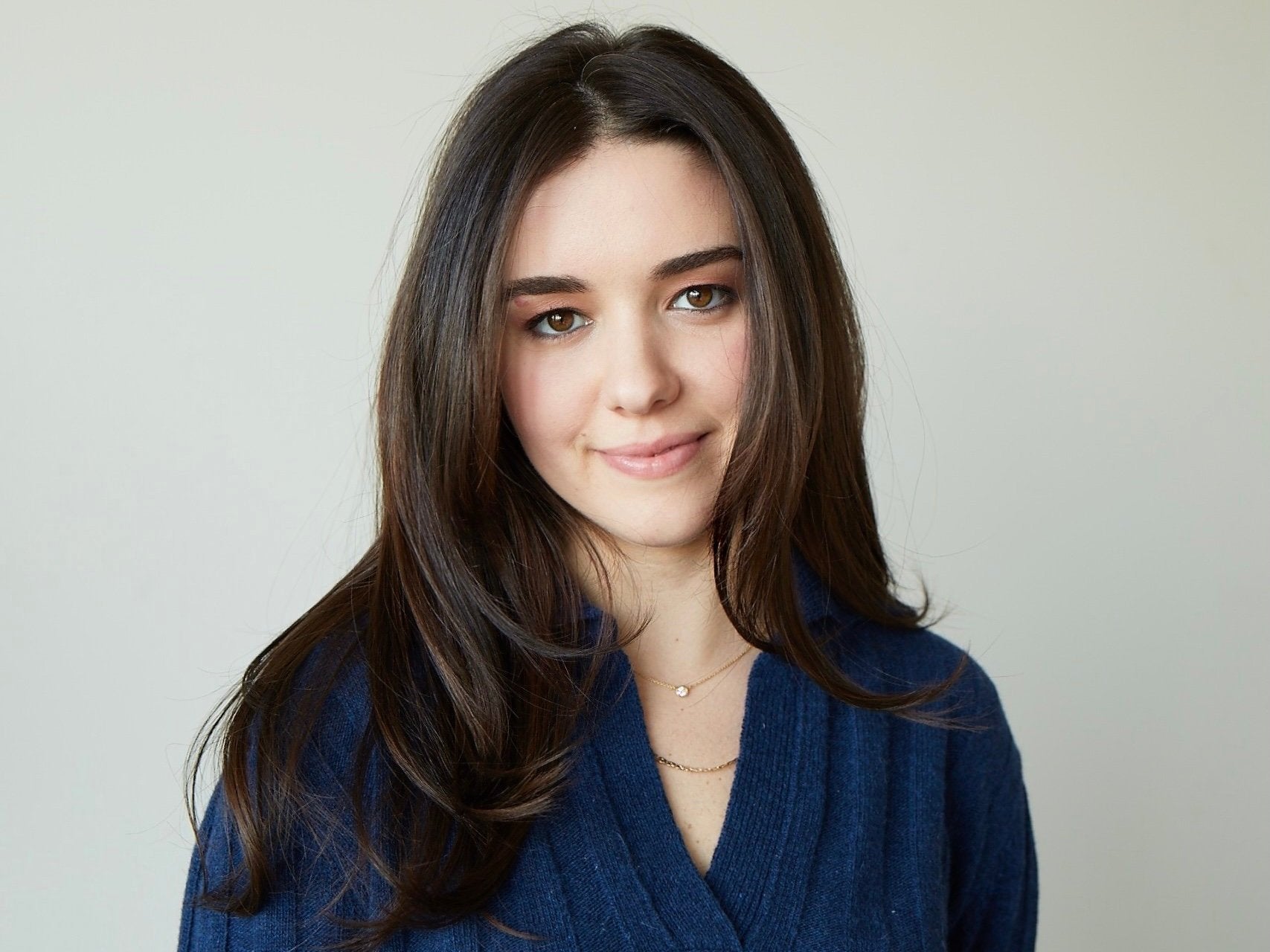
In conversation with Lily Geiger, founder of the non-alcoholic beverage company, Figlia.
Read more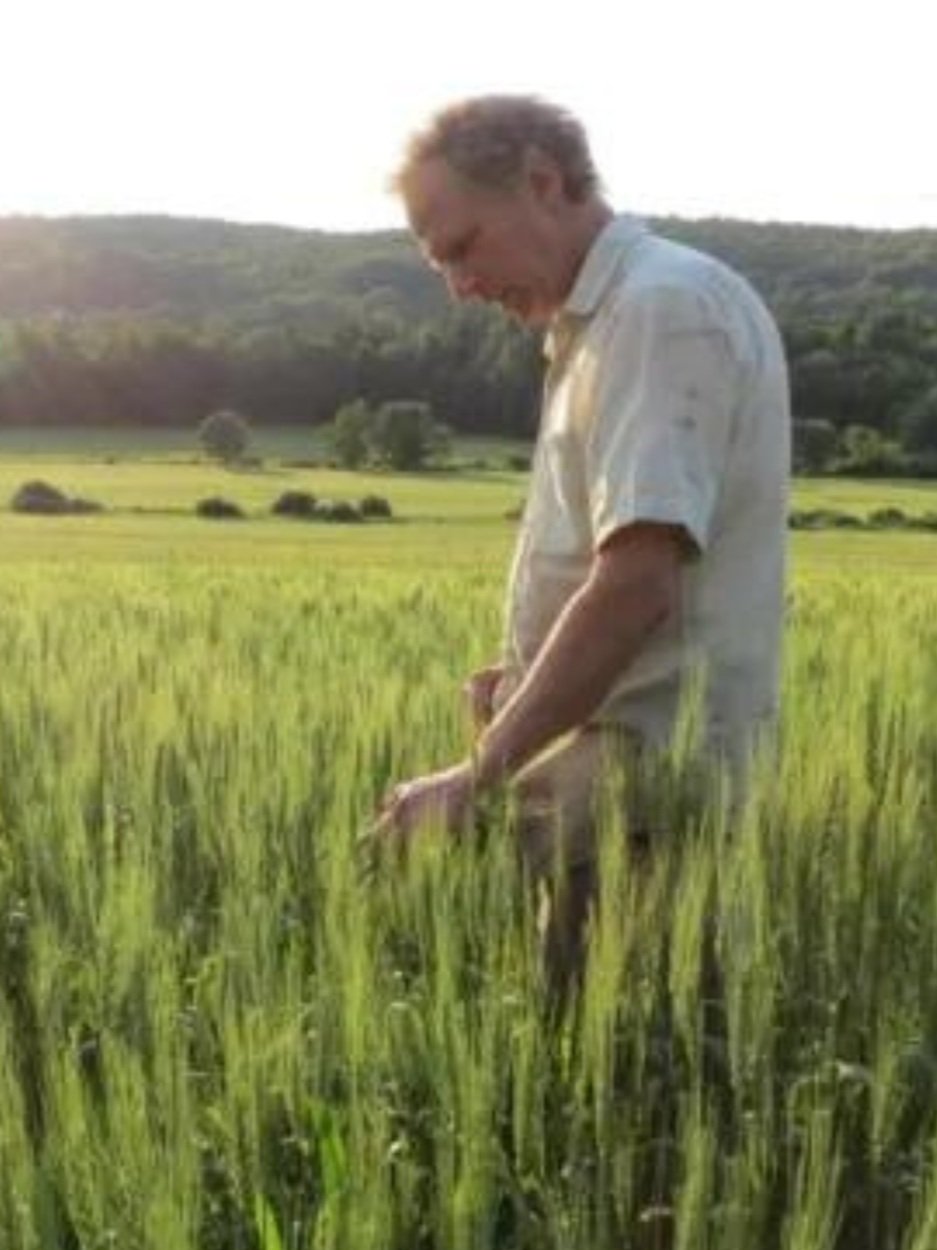
Growing Organic with Thor Oechsner
In conversation with local, organic grain farmer, Thor Oechsner.
Read more